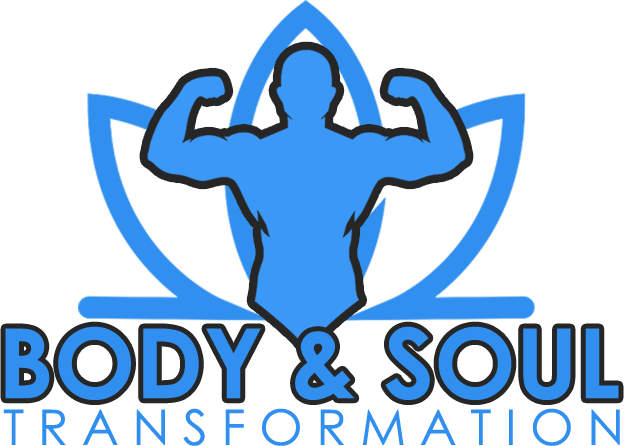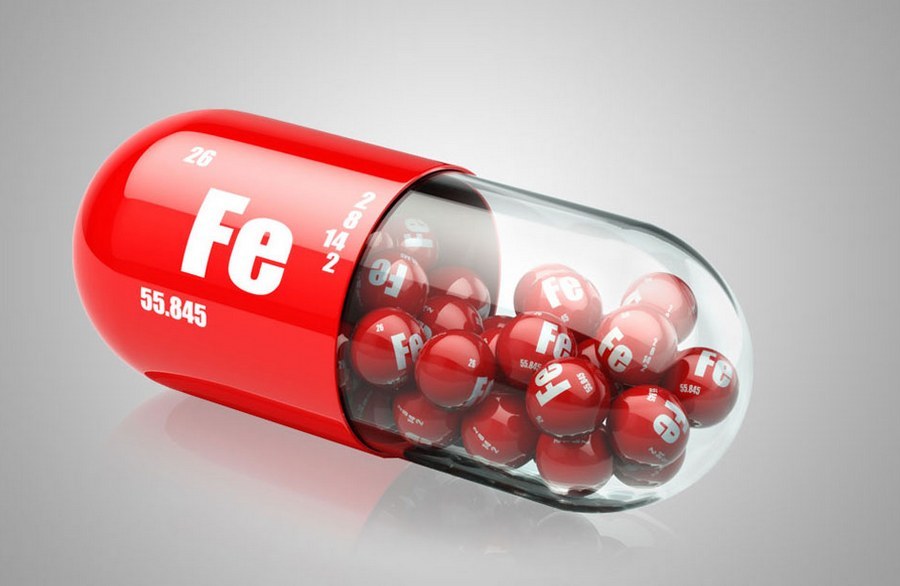What is iron?
Iron is a chemical element whose value has been known for many centuries.
Iron is poorly absorbed by the body, as it is oxidized (loses energy) when it comes into contact with oxygen. However, the body has developed mechanisms to solve this problem, including adapting the intestinal microflora in order to create better conditions for microbes that more effectively absorb iron.
What is the role of iron in the body?
Iron is the main component of hemoglobin, a protein found in every red blood cell and responsible for the transport of oxygen in the body.
Some of the iron is stored in the form of myoglobin, a protein that includes iron and is found in muscle tissue.
Iron can also be stored in the body as ferritin. Ferritin serves as a store of iron that is released into the bloodstream when needed. Ferritin is stored in two organs: the liver and the heart.
Iron can be divided into heme and non-heme. Heme iron is better absorbed by the body and is often found in animal sources, while non-heme iron is less absorbed and is mainly found in plants.
Sources of iron
Iron is found in many foods, such as beans, spinach, red meat, lentils, and pumpkin seeds. Iron-rich seeds may also contain phytic acid, which impairs iron absorption.
Many foods are additionally fortified with iron, such as beverages, milk, cereals, and condiments. Iron is often added to these foods for better absorption.
Five signs of iron deficiency
Iron deficiency is possible if the body uses more iron than it receives or can absorb. Often, iron deficiency is detected by blood tests for levels of hemoglobin, ferritin, or iron-carrying transport molecules in the body.
One of the main problems associated with iron deficiency is anemia. It is observed in about 30% of the world’s population. Women (especially pregnant women) and children under five years of age are at risk of developing iron deficiency anemia. Iron deficiency can develop for many reasons. Iron levels in the body can be significantly affected by diet and supplementation.
1. Fatigue
Since one of the main functions of iron in the body is to deliver oxygen (in the form of hemoglobin) to various tissues, it is not surprising that we feel tired and weak when there is a lack of iron. Remember how tired you get after an intense workout. During training, you put so much stress on the body that it begins to need more oxygen. This is normal fatigue, in which most likely the body uses iron.
With a lack of iron, the body begins to lack oxygen to supply the muscles with all the necessary nutrients. Fatigue or lethargy is often a reaction of the body, aimed at ensuring that you do not deplete the remaining iron reserves.
2. Dizziness and pre-fainting states
The same applies to the brain. If the brain works hard all day on work or study tasks, then it needs a lot of oxygen to cope with such a load.
If the brain lacks oxygen, it will immediately let you know about it. The brain can get tired, but more often you will feel dizzy or faint. Thus, the brain gives the body a signal to “reset”. With a critical lack of nutrients, especially oxygen, the brain prefers to lose consciousness.
3. Brittle nails
Brittle nails can often be the result of iron deficiency. Due to the reduced oxygen content in the blood flowing to the nails, they begin to bend inward. In addition, the edges of the nails become uneven due to frequent damage.
4. Pallor
Pallor can be a sign of iron deficiency. .
This discoloration under the outer layer of the skin may be caused by a weakened blood flow to these areas. With weakened blood flow, they may look more white than red.
5. Shortness of breath
With a lack of iron, the flow of oxygen to all organs, including the lungs, weakens.
The lungs perform the main part of replacing carbon dioxide with oxygen, so that all organs can receive oxygen in the future. However, the lungs themselves need to be supplied with oxygen through the intake of iron and hemoglobin. And when your lungs are short of oxygen, you may feel short of breath.
Iron supplements: a possible solution to the problem of iron deficiency
Studies have shown that the symptoms of iron deficiency are lessened when taking appropriate supplements. Iron supplements are sold in many forms: liquid, capsules, tablets for ingestion and under the tongue.
Iron is often taken with vitamin C, which can make it easier to digest.
Read more: AYURVEDIC TIPS TO STAY HEALTHY IN WINTER

